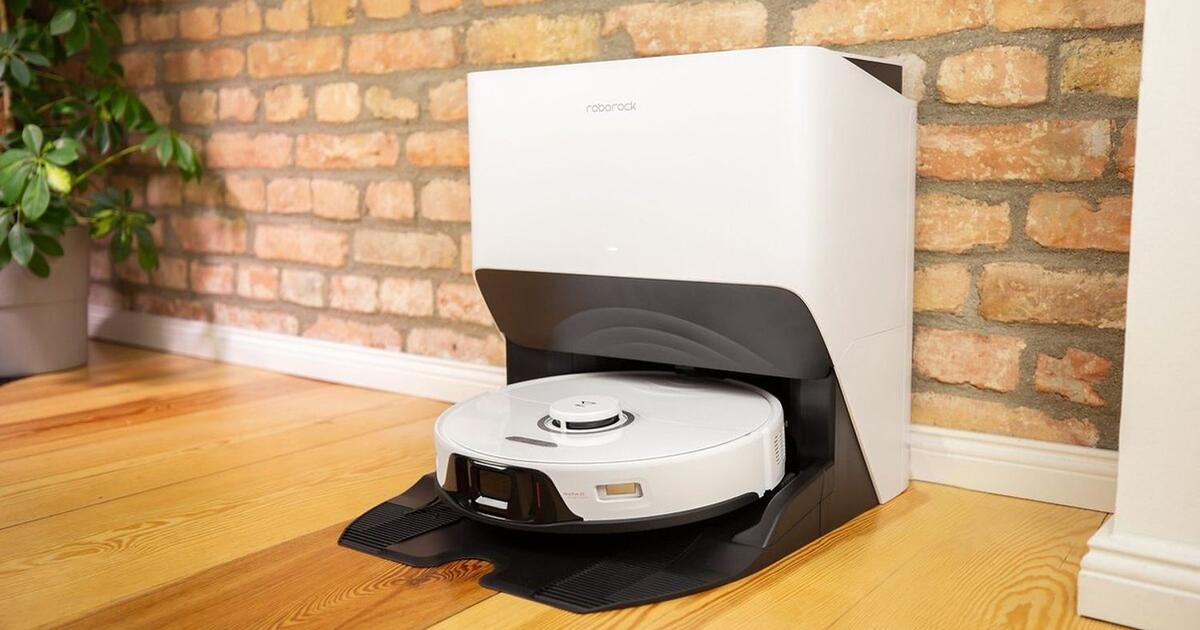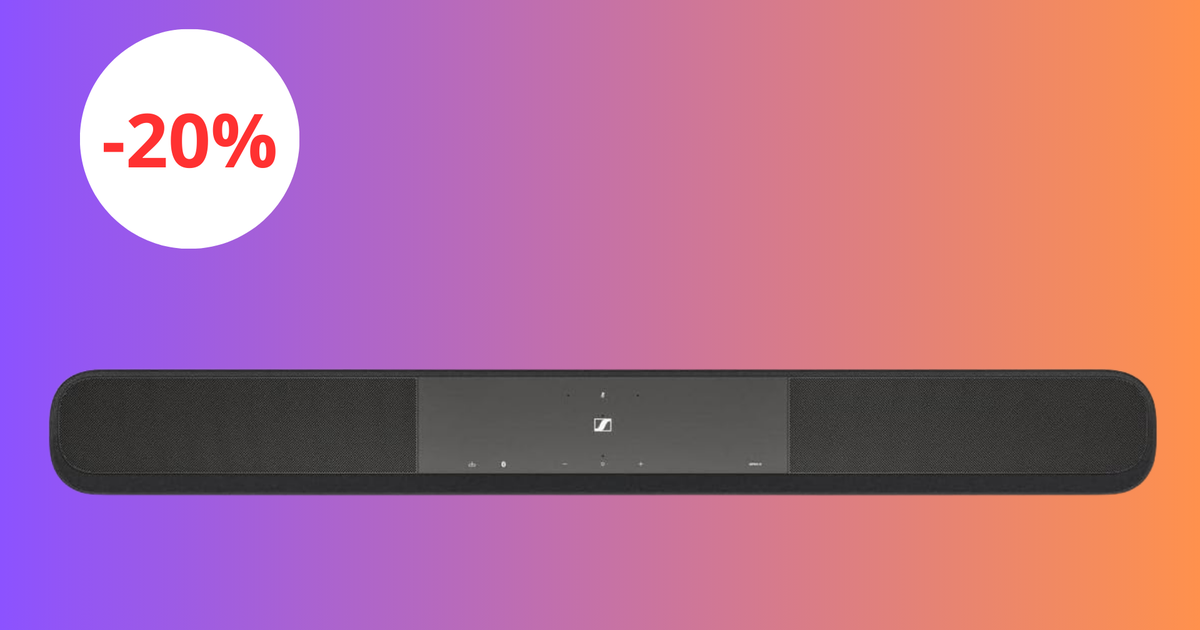Amazon AlexaPexels
You, who have been tense for a year, who have been working at home since March, who share the same virtual space with your family and your boss, also have to deal with an intelligent machine that does not provide even one.
Either he does not understand his tone of voice, or he answers what no one has asked him, or he makes a mistake with the directions, or instead of reading the sourdough bread recipe he looks for its meaning in Wikipedia.
A disaster.
There was a time of idyll with his robot, but with the confinement everything has disappeared.
Now having that idiot at home only gives you the opportunity to yell at someone without it being from the family, or worse, from work.
It has also provided you with the mental benefits of teaming up against a common enemy: Alexa.
“I ask Alexa for things and she doesn't understand me, I repeat it several times and she still doesn't understand, then I insult her and she replies that she's not going to answer that.
My eight-year-old son comes, he asks the same thing and the very scoundrel does it ”, says María C., an expert in bad vibes with the home attendants who has a history of having given hers to a friend due to the impossibility of understanding.
Mario Casado Mancebo is a linguist, researcher at the UNED with several years of experience in language processing systems, interactive recognition and voice assistants.
Part of their job is to make us understand each other better with these machines.
In his opinion, what complicates communication the most is that users are negatively predisposed to talking to the machine, convinced that it will not understand them.
“People speak to them with a strange syntax and these machines are made to understand people who speak like us.
They still do not distinguish a bad tone nor can they identify an anger, but if very altered intonations are made, the processing will suffer ”.
Mario uses his mother as an example.
"He tells Ok Google: 'Shopping list add henna dye buy'.
It is that if she spoke to me like that, it would also be difficult for me to understand her.
He alters the syntax as if he wants to simplify the message a lot to make himself understood but the lack of naturalness in speaking is what defines that these machines understand better with some than with others ”.
Anyway, Casado Mancebo believes that things have improved.
“There was a time when you would tell Siri that you wanted to jump off a bridge, and it would immediately give you the list of the closest bridges.
Attendees now have keywords related to pornography, prostitution or suicide under control.
Isolated with a robot
Confinement has only worsened an already strained relationship.
For Karla Erickson, a professor at Grinnel College and an expert on the relationship of human beings with machines, that animosity that we can feel now against Alexa or Siri is proof that 2020 has been a tough year for all human, divine or human interactions. robotic.
“It has put us on the edge, with very few variations in practically identical hours and days for long months.
We are frustrated and tired, and the machines that help us turn off the lights or play our favorite playlist also make us tired because, like us, they have limits, they make mistakes and they repeat themselves.
With them it happens to us as with the people we have just met, we will see their defects at a longer time of interaction.
The Roomba is awesome, but it does get stuck every now and then, Alexa is repetitive and not particularly friendly.
All these defects have become more evident with the hours of confinement ”.
Casado believes that what confinement has done is confront people at the dreaded moment of talking to a computer.
"As with all technologies there is always a learning curve, and although companies try to flatten that curve, there is always a collision at first."
The linguist thinks we expect too much from these machines.
“There is no magic in the
machine learning
method
.
Google Ok or Alexa will not recognize that you are angry or that you like to have pear for dessert, the things that they will learn about your lifestyle are other, for example at what time do you interact the most, or when you should lower the volume to avoid interfere with your rest ... nothing special, all that has been done by your mobile for years.
On the one hand people say: “I am not going to talk to a loudspeaker as if they were a fool, and on the other they complain that the machines do not live up to their expectations.
One day they complained to me because they asked Siri to put Shakira and a Hindu man came out ... well, if there are two Shakiras in the world, the assistant cannot magically know which one you like the most.
Being in the mind of the user is complicated ”.
Some yell at Siri or Alexa and free themselves, others, after insulting them, feel guilty, there are also those who protect them if someone mistreats them in their presence.
Some of the interviewees in this report felt compelled to clarify that they are good people even though they may have mistreated their robot at some time.
Karla Ericson cites a report by Emily Dreyfuss published in Wired in 2018 where the author recounts the joy she and her husband felt when they yelled at Alexa, how they allied against her, and made her their scapegoat.
All good until their son was discovered doing the same.
Then they considered that his “abusive” relationship with Alexa was perhaps not the best thing they could teach their son.
"Up to now the machines are not aware, they do not feel, they only imitate our emotions - the expert explains via email - I am not worried at this point about the feelings of a robot, but if we choose to vent our frustrations with a machine that cannot Responding to our insults is a sign that we are losing skills to process our emotions.
I can understand the difficulties of living in confinement, but I believe that our obligation is to treat human beings, the pets that we adopt and also the machines that we create with decency.
For Ericson, we are laying the foundation for a relationship.
"Siri and Alexa are ambassadors for the machines of the future, the way we treat them will have implications on how we allow ourselves to treat the robots of the future."
Ericson hoped that these machines would only free us from mechanical and repetitive jobs for which human skills are not needed.
“This would be my ideal definition of these home assistants.
However, I see that interactive machines that work with the voice or with the movements of our bodies are trying to intervene in classic activities of the human domain such as conversation and communication, and I think that we must be careful because to give that power to a machine is a way of devaluing a human activity.
It's okay that we don't want to vacuum but if we're not going to bother talking either… then I would start to worry. "
You can follow EL PAÍS TECNOLOGÍA RETINA on Facebook, Twitter, Instagram or subscribe here to our Newsletter.





/cloudfront-eu-central-1.images.arcpublishing.com/prisa/YZKG6SAMMJEAVBRYAKDJDBL2KI.jpg)

/cloudfront-eu-central-1.images.arcpublishing.com/prisa/LFO6NYKDYNGQJMNQRNDG6YRK7Q.jpg)

